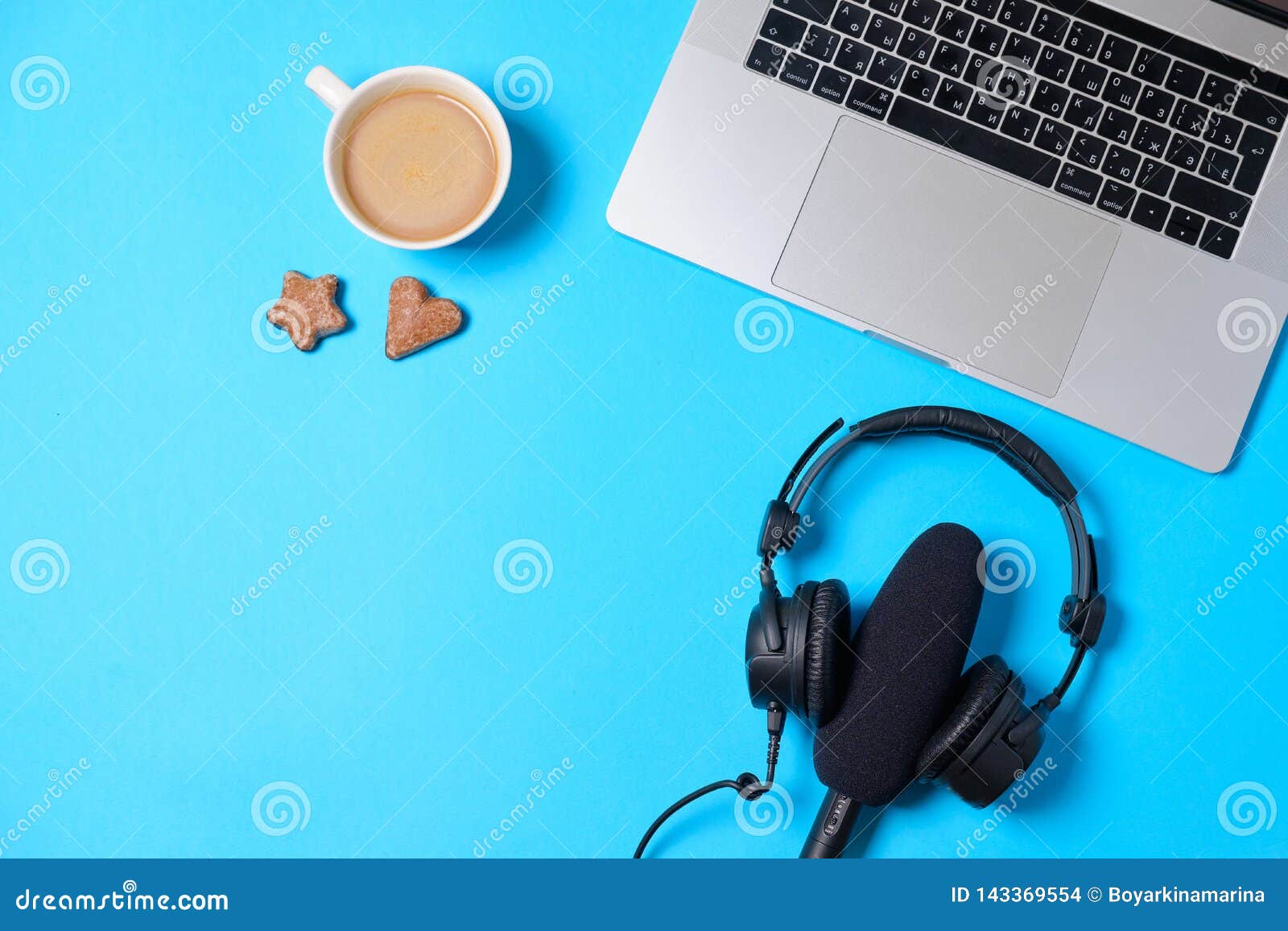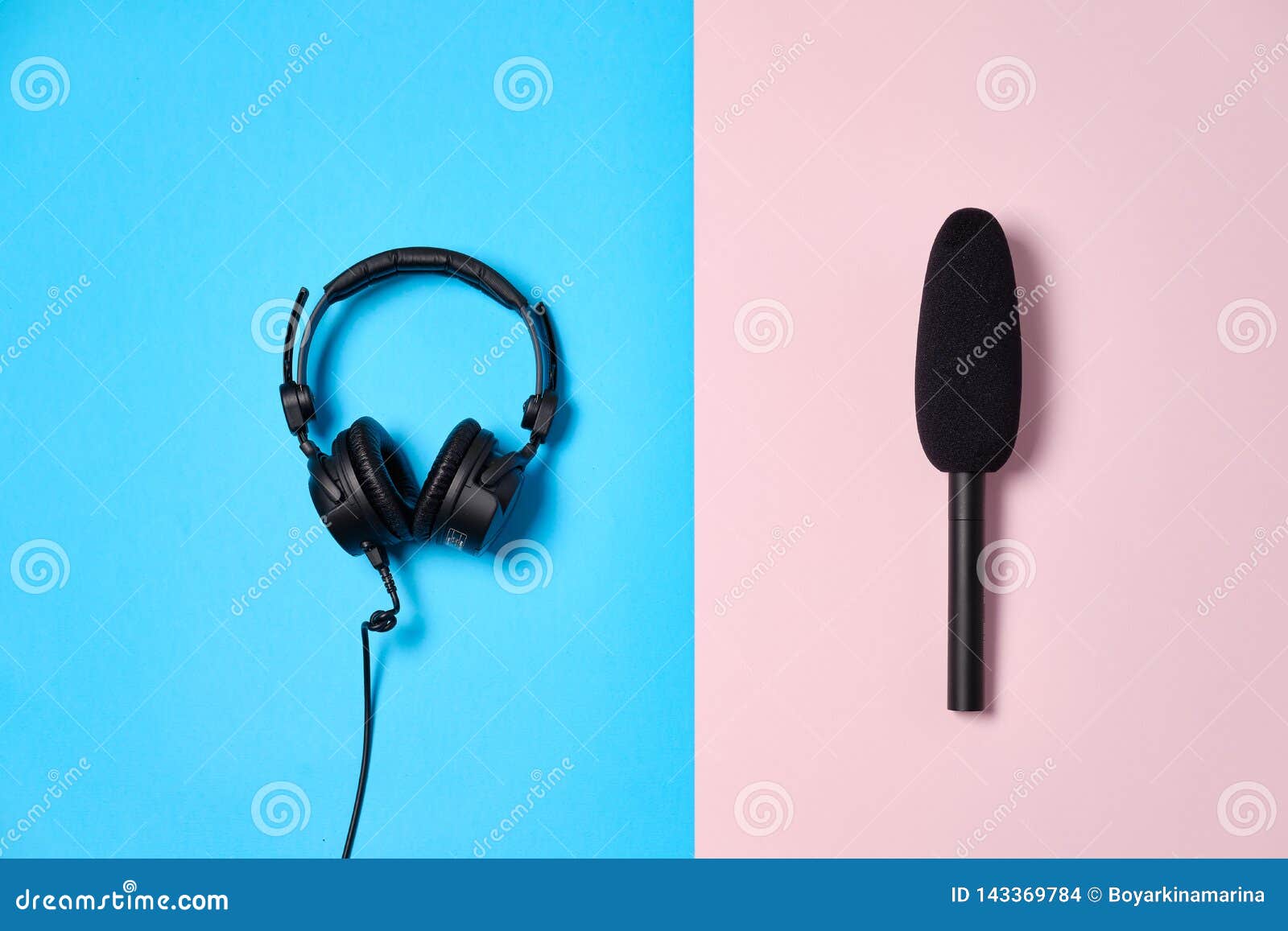

I invite you to listen to my archives at. I have about 11,000 subscribers, and I’ve been featured recently in BusinessWeek, the New York Times, USAToday, and Time magazine.

My name is Brian Ibbott, and I host and produce an Internet radio program called Coverville that showcases the best in cover versions of songs.

With an eloquent letter of introduction, in many cases the artist or recording company will be happy to grant permission to play their music in your podcast. Again, you can find this information in the CD liner notes, or on the artist’s web site. In these cases, your best bet is to get permission from either the artist that performed the song, or the recording company that the song is licensed to. Both of these hold the mechanical licensing keys to a large number of popular artists.
PODCAST BACKGROUND MUSIC LICENSE
For specifics, please consult the web sites of each agency.Īcquiring the mechanical license is a bit more difficult, as no license models are available through the RIAA or the Harry Fox Agency ( ) that address the technical issues associated with podcasting. These figures are based on the assumption that you are making less that $12,000 per year on your podcast. As of this writing, the annual royalty costs for each of these three agencies are roughly $288 for ASCAP, $275 for BMI, and $170 for SESAC. If you won’t be playing any music licensed to SESAC, for example, you won’t need to pay them royalties. Look in the liner notes of the CDs containing the music you’ll be playing to see which of those three agencies the music is licensed to. Usually you can acquire the composition license by paying royalties to ASCAP, BMI, or SESAC. To play a piece of music in your podcast, you must meet the requirements for both the composition license and the mechanical license. The mechanical license for a song is owned by any combination of the artist, the recording company, and the Recording Industry Association of America (RIAA ). A mechanical license is based on that performance of the song. A copyrighted piece of music will be registered with one of these three agencies, which will distribute royalties to the writer of the piece of music whenever it is performed. In the U.S., three agencies hold these licenses: ASCAP ( ), BMI ( ), and SESAC ( ). A composition license is the license that the musical piece’s writer or composer holds. A copyrighted piece of music has two licenses: a composition license and a mechanical license. This is a huge topic among music-based podcasters right now. A major factor that you shouldn’t overlook is licensing.


 0 kommentar(er)
0 kommentar(er)
